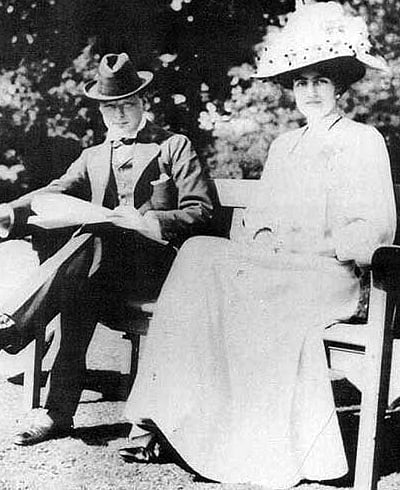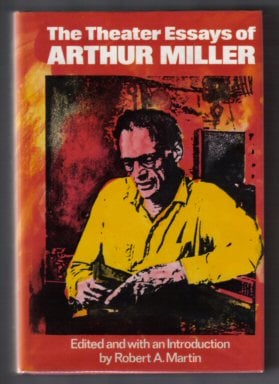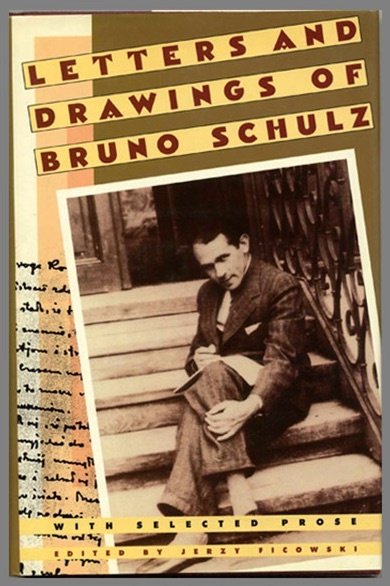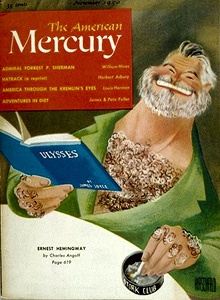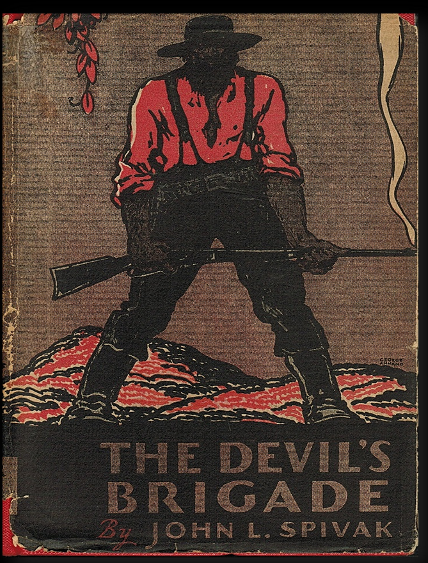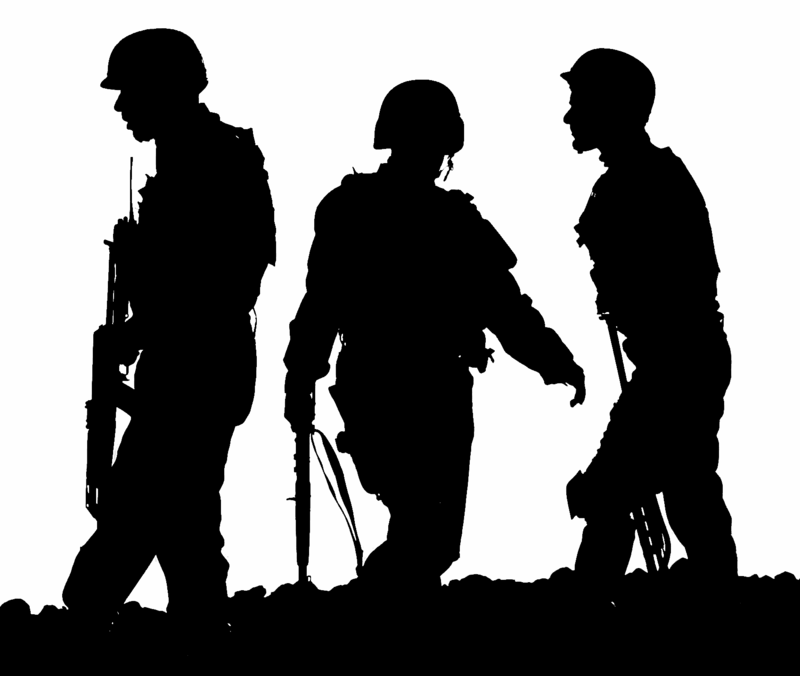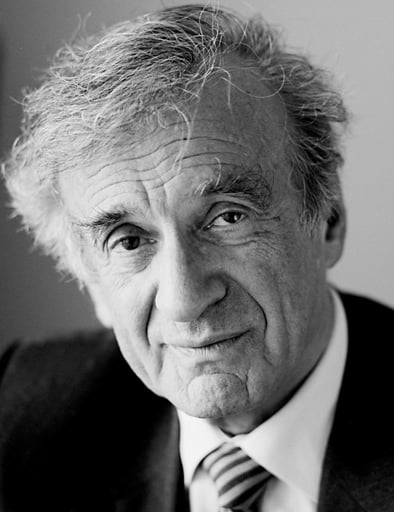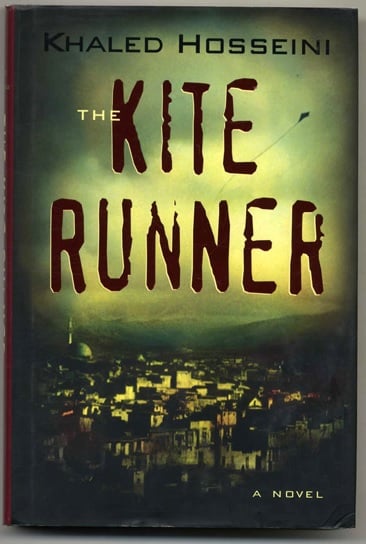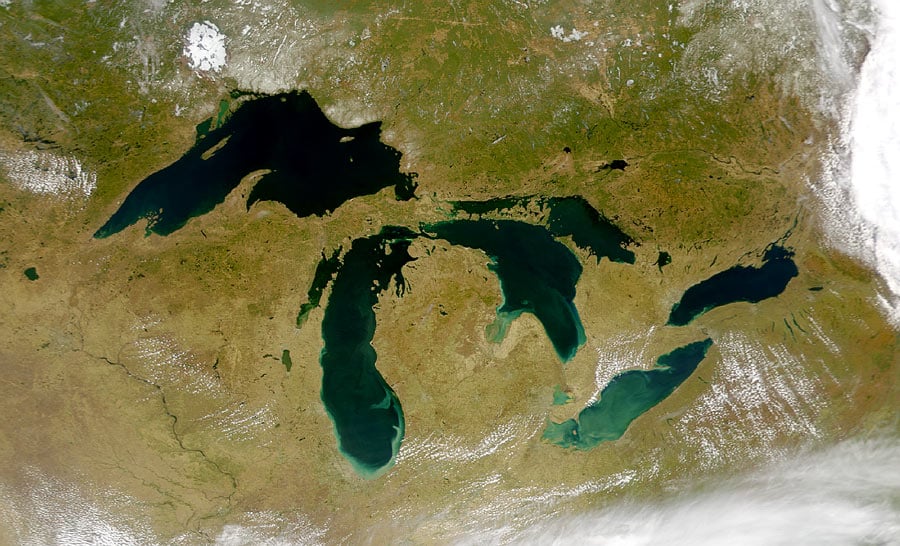Winston Churchill is a universally recognized name. Even if you don't know his entire back story, it is most likely you've studied him and his role in British politics in a history class somewhere along the line. Today, we thought it would be interesting to dig up a couple facts about the great leader that may be lesser known. Here are five things we found that don't necessarily come to mind when you picture Winston Churchill.
us toll free: 1-800-948-5563 international: +1 (843) 849-0283 UK: +44 (0) 1334 260018




